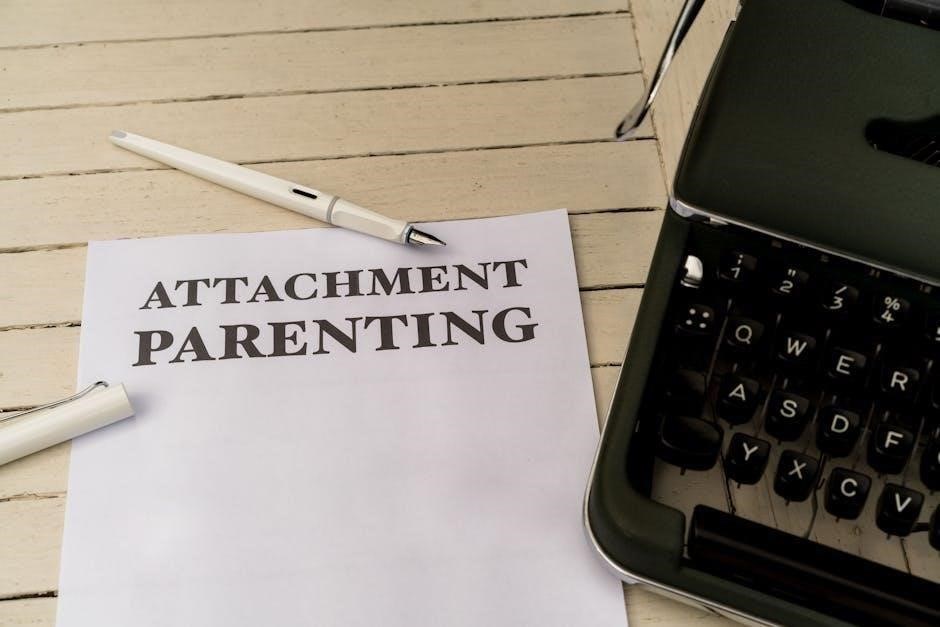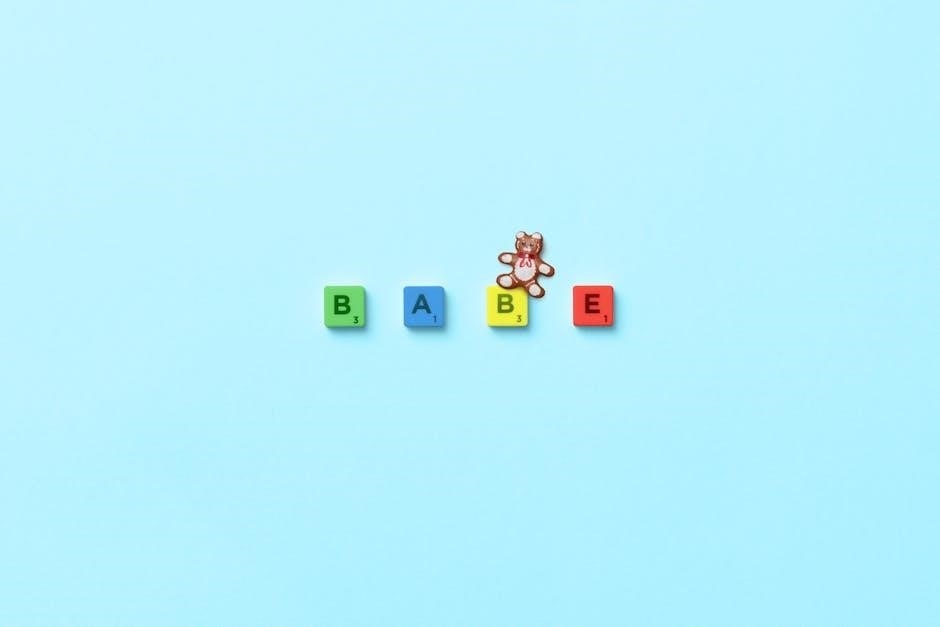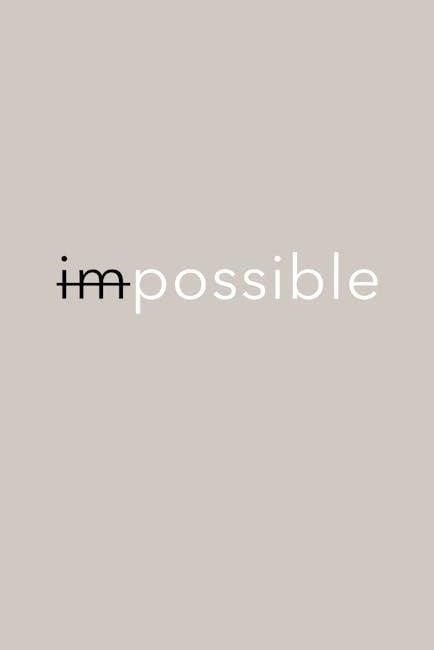Discover the educational benefits of the “dcelra baby word unscramble PDF,” a tool designed to aid early childhood development through interactive word games and cognitive exercises.
By unscrambling letters, children improve vocabulary, memory, and problem-solving skills, making learning fun and engaging for young minds. This resource is perfect for parents and educators seeking innovative ways to enhance language development in babies and toddlers.
Understanding the Anagram “dcelra” and Its Relevance in Word Games
The anagram “dcelra” represents a scrambled set of letters that can be rearranged to form valid words, making it a popular challenge in word games like Scrabble and Words with Friends. This anagram is particularly engaging because it contains a mix of vowels and consonants, offering multiple possibilities for word creation. By unscrambling “dcelra,” players can discover up to 73 unique words, ranging from simple terms to more complex vocabulary. Its versatility makes it an excellent tool for improving linguistic skills, enhancing cognitive abilities, and fostering creativity. The anagram’s relevance extends to educational resources, such as the “dcelra baby word unscramble PDF,” which introduces young learners to the fun and interactive world of wordplay.

What is Word Unscrambling?
Word unscrambling is the process of rearranging scrambled letters to form valid words, used in games like Scrabble and educational tools to enhance cognitive skills and vocabulary.
Definition, Purpose, and Popular Uses in Games Like Scrabble and Words with Friends
Word unscrambling is a mental exercise where scrambled letters are rearranged to form valid words. Its primary purpose is to enhance vocabulary, memory, and cognitive skills. In games like Scrabble and Words with Friends, unscrambling letters helps players create high-scoring words from random tiles. Tools like word unscramblers and anagram solvers are widely used to speed up the process and find optimal words. For example, unscrambling “dcelra” can yield words like “clear,” “deal,” or “real,” each with specific point values in these games. This activity is not only entertaining but also educational, making it a popular choice for both casual gamers and competitive players seeking to improve their strategies.

Unscrambling the Letters “dcelra”
Unscrambling “dcelra” involves rearranging its letters to form valid words. Common words include “clear,” “deal,” “real,” “care,” and more, enhancing vocabulary and cognitive skills in children and adults.
A Step-by-Step Guide to Finding Valid Words
To unscramble “dcelra,” start by identifying common patterns or word endings. Begin with short words like “deal” or “care.” Use online tools to generate all possible combinations. Organize words by length or Scrabble points for easier learning. Integrate images and interactive exercises in the PDF to engage young learners. This method enhances vocabulary, spelling, and cognitive skills, making it a fun and educational activity for children and educators alike. Regular practice with such exercises fosters language development and problem-solving abilities in early childhood.-tools

Significance of “dcelra” in Baby Word Games
Unscrambling “dcelra” enhances cognitive development, vocabulary, and creativity in babies. It serves as a fun, interactive tool for early childhood learning, fostering problem-solving skills and language growth through play.
How Unscrambling Words Can Aid in Early Childhood Development
Unscrambling words like “dcelra” is a powerful tool for early childhood development, fostering cognitive growth and language skills. It enhances memory, concentration, and problem-solving abilities, encouraging creativity and critical thinking. Engaging in such activities helps children develop phonological awareness, a key foundation for reading and writing. By exploring word combinations, kids expand their vocabulary and improve their understanding of word structures. These exercises also boost confidence and curiosity, making learning fun and interactive. Parents and educators can use “dcelra baby word unscramble PDF” to create engaging, age-appropriate activities that support developmental milestones in a playful and effective manner.

Creating a “dcelra Baby Word Unscramble PDF”
Design an engaging “dcelra Baby Word Unscramble PDF” as an educational resource, featuring colorful visuals, simple instructions, and interactive word games tailored for early childhood learning and development.
Designing an Educational Resource for Parents and Teachers
Creating a “dcelra Baby Word Unscramble PDF” involves designing an engaging and user-friendly resource tailored for early childhood education. The PDF should include clear instructions, colorful visuals, and age-appropriate word games to captivate young learners. Teachers and parents can use this tool to introduce basic vocabulary and improve cognitive skills through interactive exercises. The layout should be simple, with large text and illustrations to make it accessible for children. Additionally, the PDF can include tips for adults on how to guide kids through the unscrambling process, fostering a collaborative learning environment. By incorporating diverse word combinations and activities, the resource becomes a versatile tool for fostering language development and creativity in babies and toddlers.

Advanced Techniques for Unscrambling Letters
Using advanced tools like Word Unscramblers and Anagram Solvers can streamline the process. Analyzing letter values and rearranging letters strategically helps find high-scoring words quickly. Sorting by length or points and prioritizing common letter combinations are effective techniques.
Using Tools Like Word Unscramblers and Anagram Solvers
Word unscramblers and anagram solvers are powerful tools for quickly identifying valid words from scrambled letters like “dcelra.” These tools use advanced algorithms to sort words by length, points, or alphabetical order, making it easier to find high-scoring options for games like Scrabble or Words with Friends. By inputting the letters, users can generate a list of possible words, along with their definitions and point values. These tools also allow filtering by specific criteria, such as word length or starting/ending letters, to narrow down results. For educational purposes, they can help parents and educators create engaging activities for children, promoting learning through play. They are invaluable for both casual gamers and those designing resources like the “dcelra baby word unscramble PDF.”
Popular Word Games Featuring “dcelra”
The anagram “dcelra” appears in games like Scrabble, Words with Friends, and Text Twist, offering players creative challenges and opportunities to earn high scores with unique word combinations.
Examples from Scrabble, Words with Friends, and Text Twist
In Scrabble, the anagram “dcelra” can form high-scoring words like “clear” (worth 9 points) and “deal” (5 points). In Words with Friends, players can use “clear” (9 points) and “real” (4 points) to maximize their scores.
Text Twist players can create shorter, strategic words such as “care” (5 points) and “deal” (4 points). These examples highlight how “dcelra” offers diverse word-building opportunities across popular word games, making it a versatile and engaging challenge for players of all skill levels.
The “dcelra baby word unscramble PDF” leverages these word combinations to provide interactive learning exercises for children, fostering early language development through play.

Tips for Maximizing the Use of “dcelra Baby Word Unscramble PDF”
Start with simple words, use visual aids, and encourage repetition. Make it interactive by incorporating fun exercises and praising efforts to keep children engaged and motivated.

Use the PDF alongside physical letter tiles or flashcards for hands-on learning. Rotate activities to maintain interest and track progress to celebrate milestones.
Engaging Activities and Exercises for Learning

Engage children with interactive exercises like flashcard matching, where they pair letters with sounds. Use word-building games with letter tiles to create simple words from “dcelra.” Incorporate bingo games with scrambled letters to enhance recognition. Create scavenger hunts for letters in their environment, fostering exploration. Introduce storytelling by unscrambling words to form short, fun narratives. Encourage repetition through sing-alongs or rhyming games to reinforce memory. Rotate activities to keep young minds curious and excited about learning. Provide visual aids like charts or posters to track progress and celebrate milestones. These exercises not only teach but also nurture a love for language and problem-solving in early childhood development.
